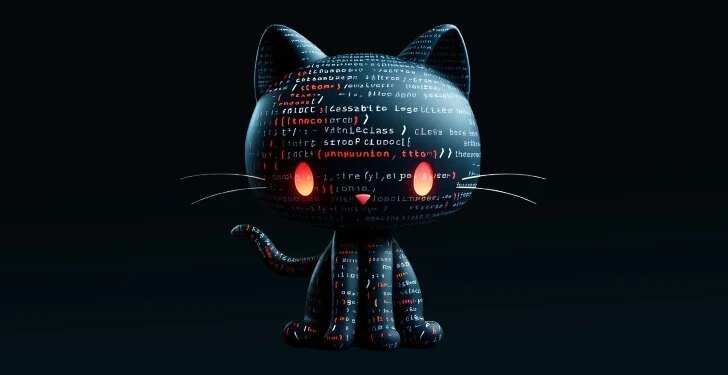# 🚨 Gamers and Developers Beware: Over 200 Trojanized GitHub Repositories Discovered
In a shocking turn of events for the tech community 🌐, more than 200 GitHub repositories have recently been unearthed as Trojanized, posing a substantial risk to both gamers and developers alike. This cyber threat is a glaring showcase of how the landscape of software security is evolving, with open-source platforms becoming prime targets for cybercriminals.
## Understanding the Threat: What’s at Stake?
This latest campaign takes the threat level up several notches, embedding Trojans into repositories frequently used by developers and gaming enthusiasts. The infiltration of these compromised scripts and tools can result in:
– **System-wide infections**
– **Data breaches**
– **Critical security vulnerabilities**
These risks emphasize the vital need for both vigilance and a robust security culture within the developer and gamer communities.
## Why Target GitHub?
GitHub is nothing short of a linchpin in the software development ecosystem, favored by many for its collaborative space and open-source principles. Yet, this very openness also renders it vulnerable to hackers aiming to covertly install malware under the guise of legitimate software. By targeting such a bustling hub of developers and gamers, the reach of these attackers can grow exponentially, affecting numerous systems from a singular breach point.
## How Gamers and Developers Are Affected
1. **Data Security** 🔒: Sensitive data, ranging from personal information to financial details, may be extracted and misused, leading to identity theft and financial loss.
2. **System Integrity** 🖥️: With Trojanized code, cybercriminals have the potential to open backdoors into systems, further installing malicious payloads and wreaking havoc.
3. **Community Trust** 🤝: The lifeblood of the open-source community is trust. Breaches like these can erode confidence and hinder collaborative projects.
## Protecting Yourself: Best Practices
Ensuring protection against these threats involves adopting rigorous security practices. Here’s how you can safeguard yourself:
### Verify Repositories 🔍
– **Thoroughly check the authenticity** of the repositories you intend to use.
– Stick to **well-known, officially endorsed projects** to minimize risks.
### Use Security Tools 🛠️
– **Employ state-of-the-art security tools** designed to scan for vulnerabilities or malware to preemptively counter threats before utilizing any code.
### Stay Updated 📈
– **Keep yourself informed** about the latest security advisories and updates, particularly if you are contributing to projects or using code regularly.
### Report Suspicious Activities 🤔
– **If you discover compromised repositories** or suspect any malicious action, report it to the platform without delay to curb the damage.
## The Road Ahead: Reinforcing Defenses
The depth and breadth of this threat underline the urgent need for enhanced vigilance and proactive security measure enforcement across all repositories. Platforms like GitHub must innovate continuously in their security strategies, including:
– **Utilizing machine learning** for anomaly detection
– **Implementing stricter code control protocols**
– **Educating the community** on cybersecurity best practices
These strategies can significantly hinder cyber threats, bolstering the overall protection of digital assets.
## Final Thoughts
The unearthing of these Trojanized repositories serves as an eye-opener to the vulnerabilities inherent in our rapidly digitizing world. As developers and tech enthusiasts, it is imperative to stay alert and proactively safeguard our code and data. A more security-conscious mindset will enable developers and gamers to relish the collaborative environment platforms like GitHub offer, free from Trojanized traps. Stay safe, stay smart, and keep coding! 💻
Keeping the development community well-informed and equipped in such scenarios transcends mere safety concerns; it is about ensuring the continued integrity and growth of open-source innovation. 🌱
By adhering to these best practices and supporting strengthened platform security, developers and gamers can contribute to a safer digital realm where creativity and collaboration can flourish unimpeded.



















































